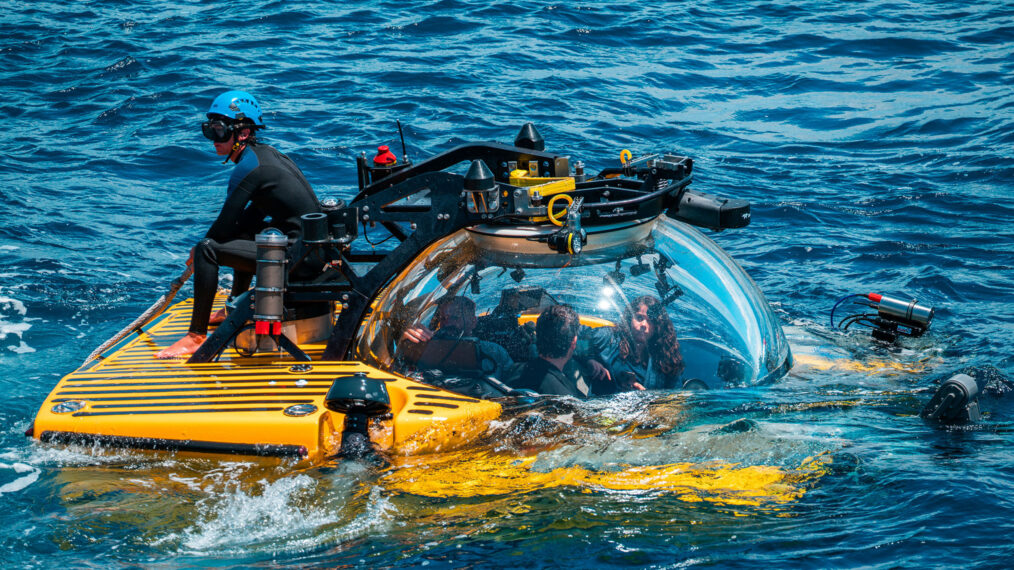‘OceanXplorers’: James Cameron’s Nat Geo Docuseries Explores the Oceans’ Depths

James Cameron, the director of Titanic, The Abyss, and a real-life adventurer who has led deep-sea expeditions, narrates the six-part underwater discovery series, OceanXplorers, which follows an expert team of scientists and explorers aboard the OceanXplorer, a state-of-the-art scientific research vessel, as they investigate uncharted frontiers in the world’s oceans.

ALBERTO E. RODRIGUEZ/GETTY IMAGES FOR US-IRELAND ALLIANCE
The ship, with all of its advanced technology and gadgets — including two submersibles and a helicopter — is pretty amazing, but even more awe-inspiring are the creatures that the crew encounters and documents, some for the first time ever. National Geographic’s exploration series are consistently top-notch (Hostile Planet with Bear Grylls and Welcome to Earth featuring Will Smith, for example), yet still OceanXplorers manages to take things to breathtaking levels, especially
as the OceanXplorer dives deeper.
Two episodes air each night across three Sundays. In the first, the team discovers secrets of the North Atlantic humpback whale. It’s followed by an episode in which they track elusive sperm whales to their hunting grounds a mile beneath the surface.
Next week’s episodes are all about sharks. First, the explorers visit the Azores to tag a sixgill shark and learn more about this deep-sea giant’s nightly hunting patterns. Then they’re off to Bahamian waters to witness the incredible journey of the great hammerhead shark.
In the final week’s installments, the crew heads to the far north — first to the icy world of Svalbard, Norway, to study polar bears, then to the edge of the Arctic ice cap, where they become the first to observe the feeding strategies of the Greenland shark, which can live for more than 400 years!
OceanXplorers, Premieres Sunday, August 18, 9/8c, National Geographic
From TV Guide Magazine
Crime, Comedy & Convenience Stores: Unwrapping Hulu's 'Deli Boys' With the Cast
Cupcakes, corndogs…and cocaine?! Two brothers find themselves in a hilarious pickle when they inherit an unseemly bodega biz in Hulu’s new comedy Deli Boys. Find out how The Sopranos and Real Housewives of Orange County influenced the cast. Read the story now on TV Insider.









